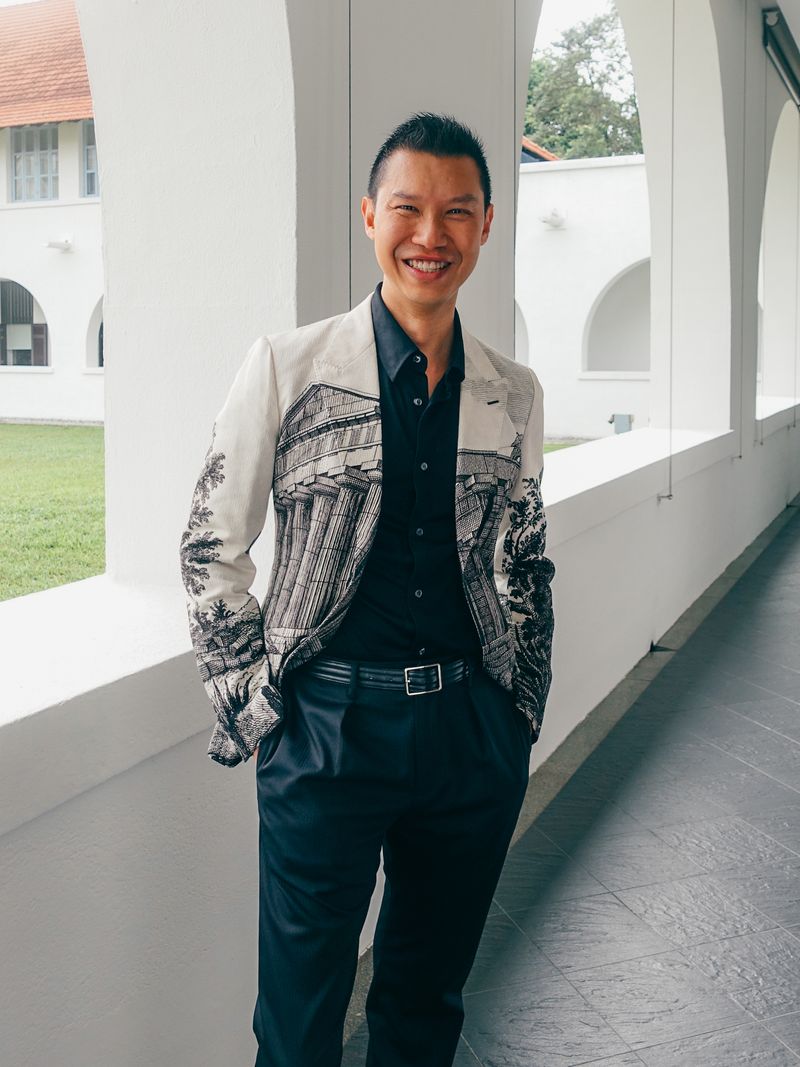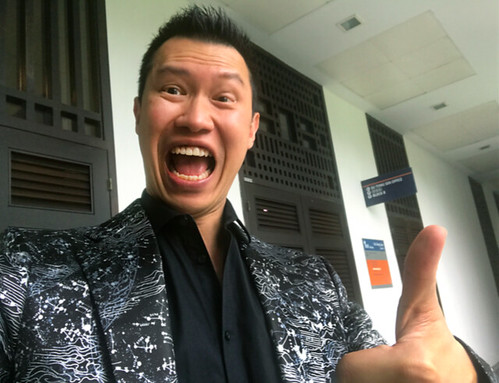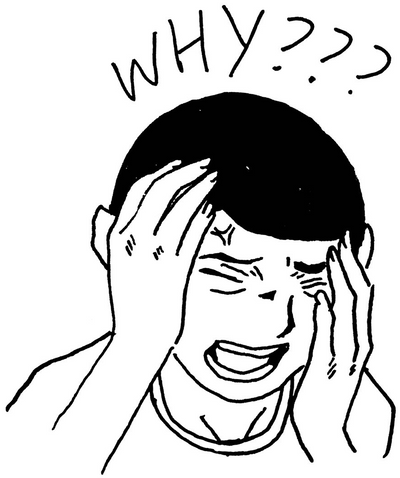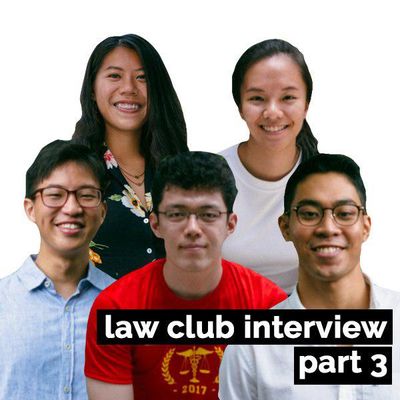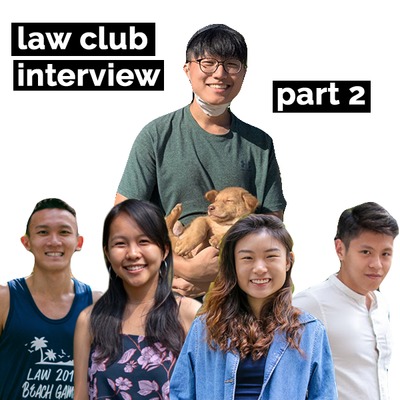At Humans of BTC, we shine the spotlight on various individuals and personalities that truly define the BTC experience. Whether they are students involved in worthy causes or our hardworking campus staff , everyone has a story to tell, and perhaps, a lesson to teach. This week, we interview Associate Professor David Tan, Vice Dean (Academic Affairs), high fashion photographer and jacket collector extraordinaire. A man of many talents, amongst other roles and interests, Professor David Tan also teaches Entertainment Law, Freedom of Speech and Torts.
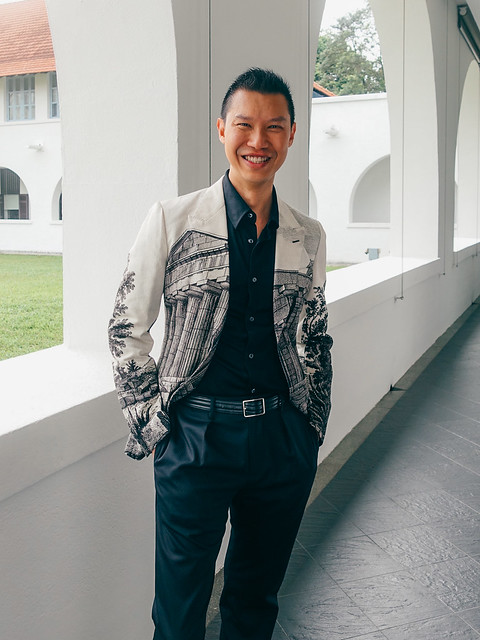
1) There’s been a lot of divide recently in the world. If there’s one thing that unites people, what do you think it is?
Fear. Many will say “love”, but being a realist, I believe that fear of a certain future or impending doom can better galvanise people and impel them to act as a unified whole. Dare I say that at NUS Law, it is the fear of not performing well in a particular subject that unites students to form study groups; I doubt if love has the power to do that.
2) What is your advice to young law students struggling to find balance in a hectic law school existence?
Prioritise and organise. You can’t do everything and you can’t just do the things that you love to do. Once you understand this truism, you will find a better balance. When I was an undergraduate, I was very involved with university and hall activities. Early in the game, I prioritised things I had to do (e.g. get my A’s) and things I love to do (e.g. photography, watching movies). Then I made sure each week I had allocated my waking hours in 30-minute blocks to do all of them. I even had to schedule “do nothing” or “spontaneity” time! Eleanor Wong laughs at me when I say this! Being this meticulous in planning might not work for everyone, but it helped me thrive in law school.
3) You have been very involved with the sporting culture of Singapore. What lessons can we learn from sports? What do sports and athletics mean to you?
Sports demand dedication, sacrifice and a commitment to the quest for excellence and, sometimes, perfection. I find individual sports like swimming, gymnastics and figure skating to be more meaningful because the competition is more internal and personal. For instance, figure skater Michelle Kwan and gymnast Alexei Nemov who were once at the top of their fields were each focused on executing that perfect routine in every competition. Unlike a team sport or where you are sparring against an opponent, it is how you hone your skills and your mental toughness that keeps you ahead of your rivals. You are solely responsible for your own success — or failure — there is no one else to blame.
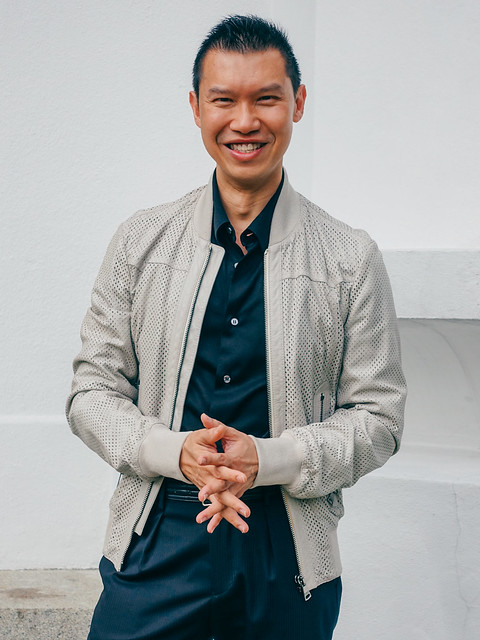
4) There’s an old adage that says: “Look good, feel good.” You certainly live up to that motto. What’s your opinion on the fashion sense of the students at NUS? Any advice?
People express themselves in different ways. I have a keen sense of aesthetics, a collection of just under a hundred jackets — many of these are probably “unwearable” except if you were on the red carpet! What students wear at NUS, I think it is very pragmatic in view of the heat and humidity. I often wonder if students realise that what they wear may also be perceived as a semiotic symbol — perhaps incorrectly — of their values and attitudes. I once said to a student who sauntered into my class late in his tanktop and gym shorts, “Excuse me, the gym is in the basement. Are you sure you are in the right place?” He was mystified by my comment.
5) If you could go back in time and give any sort of advice to your younger self what would you say?
“Why did you let her get away?” (Laughs) I think I will leave it at that. But more seriously, I don’t think regretting or wishing how I could have done something differently when I was younger is going to change anything. Engaging in any degree of retrospective introspection is important in shaping our actions in the present; but there is no point giving yourself advice, if you are not going to follow it. What I am going to do now will affect what is going to come next. Life is about now.

